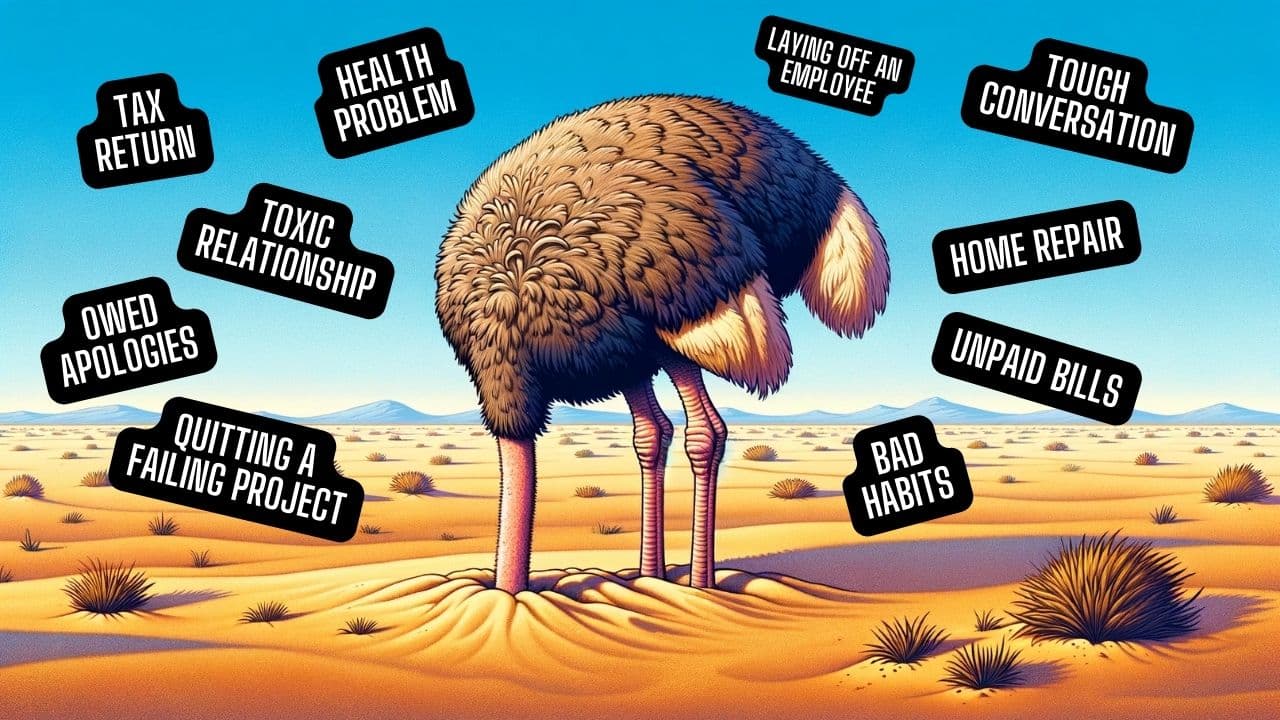Financial Freedom for Women: Insights from "Financial Feminist"
MONEY MATTERS
Money is not just a number; no matter how much we want to ignore and sugarcoat it, Money MATTERS at least on planet earth. As a financial feminist, breaking down barriers and gaining financial literacy is the path to real empowerment.

First of all in addition to money, we must understand and remember our innate worth:
- Finance and the Patriarchy: Explore how societal pressures affect women, managing your finances is all about empowerment. Women are the top target market yet shamed for "spending".
- Financial transparency is okay: Discussing money openly is essential. Openness helps us make informed decisions and challenge social norms.
Change Mindsets: Dreams, Beliefs, and Journals
- Dream of freedom: Money can definitely bring choices, opportunities and freedom which leads to ease and some sort of peace of mind for most people. Challenge the idea that "money can't buy happiness."
- Impact: Financial stability can also be the TOOL to create an impact.
- Dig in to your beliefs about money: Reflect on your early money memories.
- What is your first money memory?
- How did they dictate your relationship with money?
- How do you want to change your relationship with money?
- How are you going to make that happen?
- What will your life look like if your relationship with money change? Visualize.
- Money is part of our psyche it takes time to develop new mindset, beliefs and ideas about it.
- Instead of "I can't buy this." change it into "I choose not to." or "I don't want to."
- Money Journals: Track what you spend, how much, and why. Reflect on your feelings after each purchase. Make a money note and track it for a month:
- What: $5 coffee
- Why: Cafe date
- Feelings: 😊

Beware of "Emotional Spending"
- Understand your triggers. Assess whether your spending habits are necessary or just routine. (Is it really necessary to buy a new journal every semester when you have a few blank ones laying around your house? Or is it just a tradition?)
- Every time you buy something, evaluate the worth/quality of the purchase. Ask questions such as "Will I use this often or long term?."
- Control your money rather than letting it control you.
- Save up for things you actually want to do and to have.
- Make a priority list of your spendings. Set 3 priorities (ex. traveling, coffee, clothes) stuffs that you LOVE spending on.
Financial Goals: Make Plans, Set Priorities
- Have a clear set goal.
- Yet set achievable financial goals first. Remember, a goal without a plan is just a wish.
- Be realistic with your goal and yourself, the more realistic the more you will be motivated to work towards it. The closer the goal, the higher the motivation to achieve it, and vice versa.
- Know your "Why" on why you want to save; use it as motivation.
- Write your goals in past tense like they already happened.
- Your first saving goal should be for "Emergency Fund".
- For big life stuff life (house, car, traveling, kids) it's better to save up on HYSA or CD (Certificate Deposit) instead on investing in stocks (Stocks are for long-term goals like retirement)
- Budgeting does not mean deprivation: Instead of feeling guilty for spending, savings and smart spending allows you to focus your spending on things that actually fulfill you.
- Learn more about 401k, Roth IRA, and traditional IRA for a secure future.
- If your employer matches your contributions to 401k/403b you better pay as much as you can.
Automation & Debt Management
- Automate Savings: Make saving easier by setting up automatic transfers.
- Try to stick to the rule of 50% expenses, 20% goals, and 30% fun stuff~ (this is modifiable based on your preferences)
- If the interest rate is higher than 7% it is HIGH, if it's lower than 7% it is a low interest.
- Understand your interest rate, negotiate if necessary; First step to paying debt is knowing your interest rate.
- Principal is the amount of money you borrowed; Paying off principal shortens the lifespan of the loan.
- Invest for retirement while also paying low-cost debt.
- Always be aware of what is in your checking account.
- Always decline a hard credit inquiry.
- Build your credit score.
Investing Tips and Lecture:
- Prefer long-term goals over stocks and consider High-Yield Savings Accounts (HYSA) for short-term needs.
- Index Funds - A portfolio of assets which generally includes share in many companies, as well as bonds and other assets. Highly recommended for beginners in investing (basically you get a lil slice of different stocks as a whole.)
- Single Stocks- Gives you one share of ownership in a single company.
- Bonds - Are a company's debt.
- Recommended Stocks are: VTI, FXAIX, SPY, QQQ, BIL, IWN (has made a big run recently)
- Choose stock investments based on: a chart that goes up, low fees, well diversified.
Negotiating Your Financial Future
- It's always okay to negotiate. From interest, to stocks, salary, mortgage; informed decisions lead to leverage.
- Cooperative Negotiation is understanding that negotiation is cooperation, not conflict.

"Being financially independent means having the power to make your own choices and live life your own terms." ~Rebeca Mojica
Comments
Post a Comment